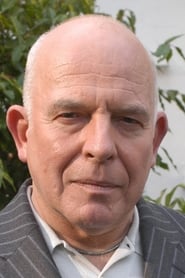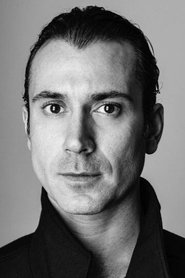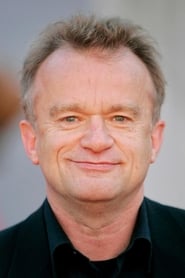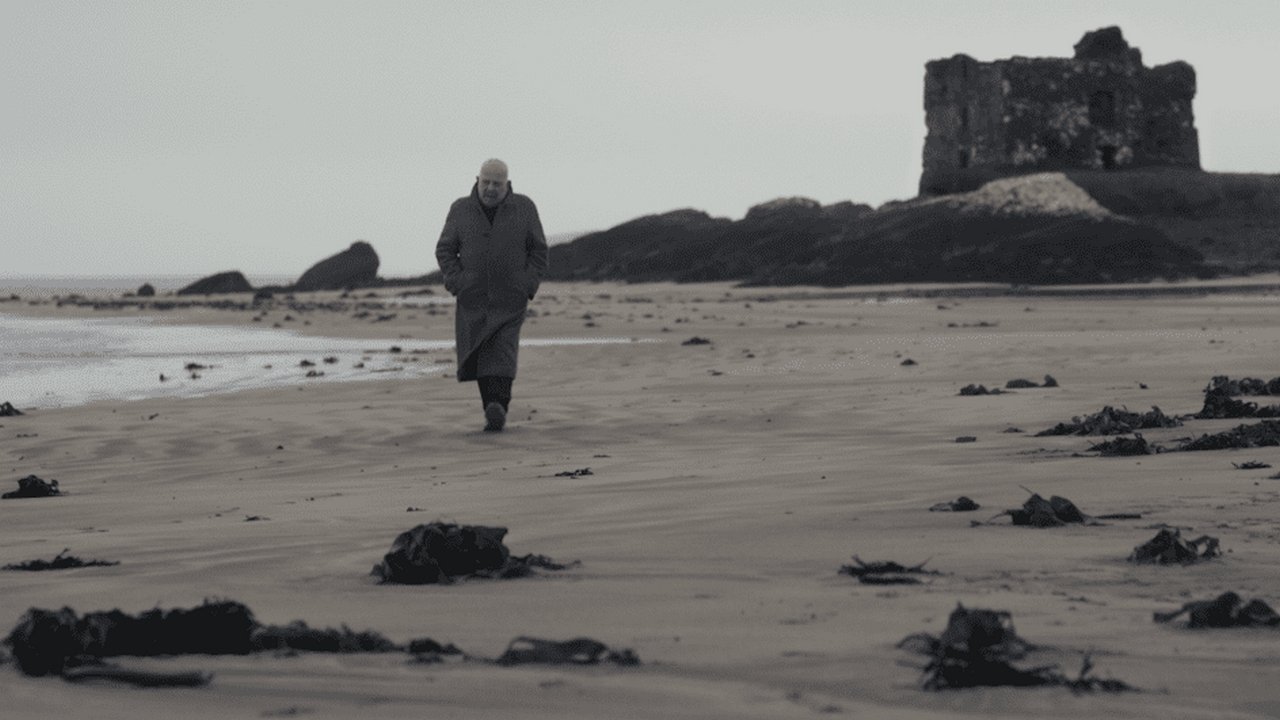
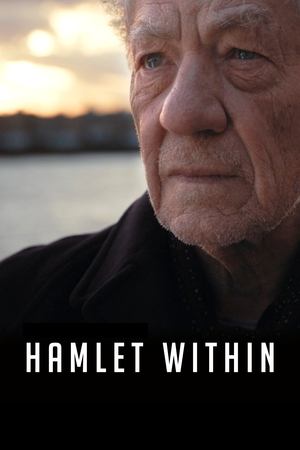
Hamlet Within(2022)
Five acts in search of a murderous prince
A radical cinematic investigation into the myth of Hamlet, the avenging prince of Denmark, William Shakespeare's creature; his origins and his unending influence on many diverse cultures.
Movie: Hamlet Within
Top 10 Billed Cast
Video Trailer Hamlet Within
Similar Movies
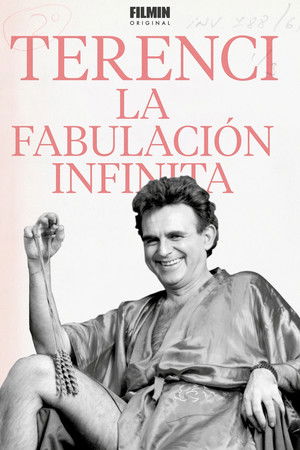 6.0
6.0Terenci: la fabulación infinita(es)
An account of the life and work of the charismatic Spanish writer Terenci Moix (1942-2003).
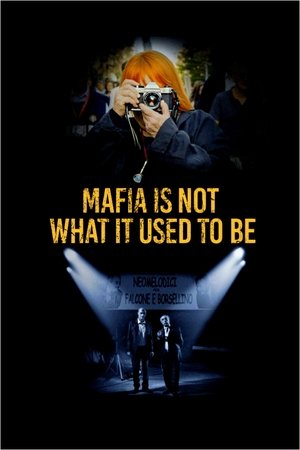 7.6
7.6Mafia Is Not What It Used to Be(it)
Palermo, Sicily, Italy, 2017. Twenty-five years after the murders of anti-mafia judges Giovanni Falcone, on May 23, 1992, and Paolo Borsellino, on July 19, 1992; and on the occasion of the tributes held in memory of both heroes, skeptical photographer Letizia Battaglia, chronicler of their titanic combat, criticizes the opportunism of shady characters who, like businessman Ciccio Mira, profit from the commemoration of both tragedies.
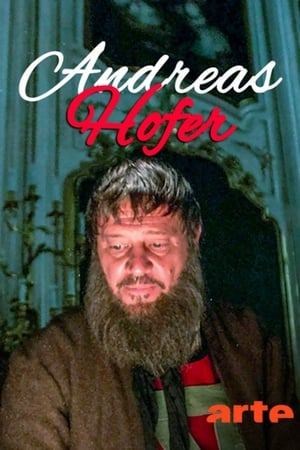 7.0
7.0Andreas Hofer. Held wider Willen(de)
During the Napoleonic Wars at the beginning of the 19th century, Andreas Hofer became a Tyrolean folk hero. As the head of a resistance movement, he became caught up in a dangerous political game of interests between the French and Austrians, Napoleon and the Habsburgs. After the defeat at Austerlitz, the Habsburgs had to cede Tyrol to the Bavarian kings in 1805. The liberal Bavarians implemented numerous reforms in Tyrol, including religious reforms, which met with resistance from the rural population. The young Archduke Johann wanted to take advantage of their discontent. In Andreas Hofer, the commander-in-chief of the Tyrolean troops, the brother of Emperor Franz I finds a loyal patriot whom he can use for his political moves. The Tyrolean revolt against the French and Bavarians puts Napoleon in a tight spot. In several battles, the rebels succeed in defeating the Bavarian and French troops, but not in defeating them for good.
 0.0
0.0Unwilling Sex(fr)
They gave in. Or capitulated. They didn't want to have sex. They couldn't push back, to make them understand that no, they didn't want to. Some consider it part of the unpleasant yet inevitable experiences of youth. Others don't. For the first time, a film addresses this "gray" area of sexuality without consent.
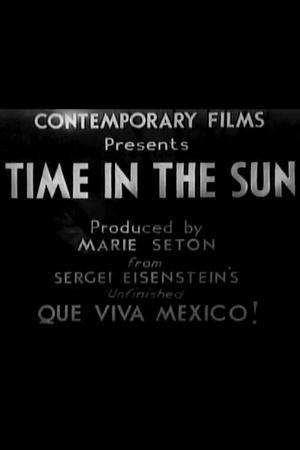 5.5
5.5Time in the Sun(en)
Second attempt to create a feature film out of the 200,000-plus feet of film which Soviet film-maker Sergei Eisenstein shot during 1931-32 in Mexico for American socialist author Upton Sinclair, his wife and a small company of investors. The projected film, to be called "Que Viva Mexico", was never completed due to exhaustion of funds and Stalin's demand that Eisenstein return to the USSR (he had been absent since 1929). The first attempt at editing the footage, in the USA, resulted in "Thunder Over Mexico", released in 1934. In 1940, Marie Seton, from the UK, acquired some of the footage from the Sinclairs in an attempt to make a better cutting according to Eisenstein's skeletal outline for the proposed film. This film has apparently been lost.
 5.0
5.0Behind Natacha Rambova's Shadow(ca)
The adventurous life of Natacha Rambova (1897-1966), an American artist, born Winifred Kimball Shaughnessy, who reincarnated herself countless times: false Russian dancer, silent film actress, scenographer and costume designer, writer, spiritist, Egyptologist, indefatigable traveler, mysterious and curious; an amazing 20th century woman who created the myth of Rudolph Valentino.
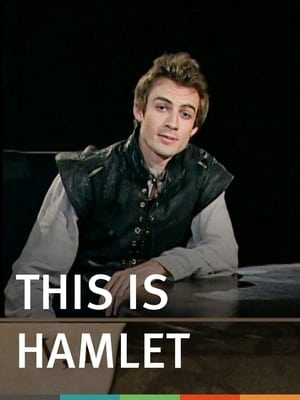 0.0
0.0This Is Hamlet(en)
A mockumentary examination of Shakespeare's greatest tragedy using "breaking news" style interviews and commentary.
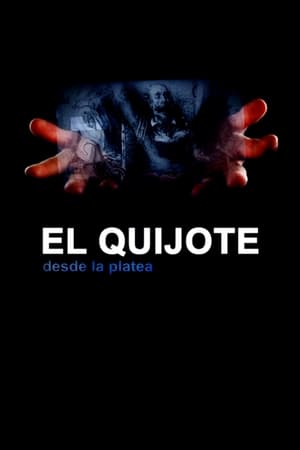 4.5
4.5El Quijote desde la platea(es)
How Don Quixote de la Mancha, the immortal character created by Miguel de Cervantes in 1605, has been depicted in cinema, television, cartoons, theater, opera, ballet and other artistic disciplines. An adventure that began more than four hundred years ago in the pages of a book and is far from coming to an end.
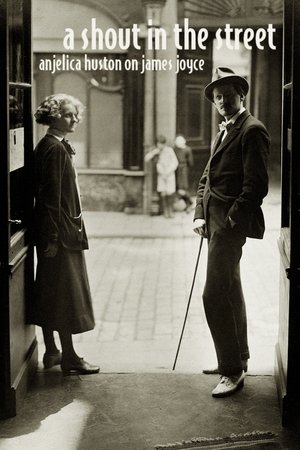 0.0
0.0Anjelica Huston on James Joyce: A Shout in the Street(en)
An account of the life and work of Irish writer James Joyce (1882-1941) narrated by US actress Anjelica Huston.
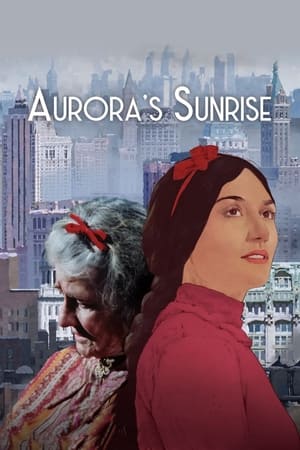 8.3
8.3Aurora's Sunrise(hy)
The story of how Aurora Mardiganian (1901-94), a survivor of the Armenian genocide perpetrated by the Ottoman Empire (1915-17), became a Hollywood silent film star.
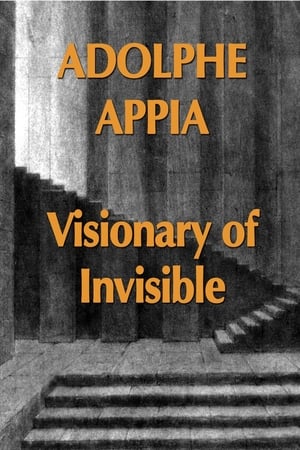 0.0
0.0Adolphe Appia Visionary of Invisible(fr)
The life and work of stage designer ADOLPHE APPIA, originator of the most profound agitations in contemporary theatre. Through the dynamic alternation of animated drawings and choreographies specially conceived for the film, we discover the steps of his artistic evolution.
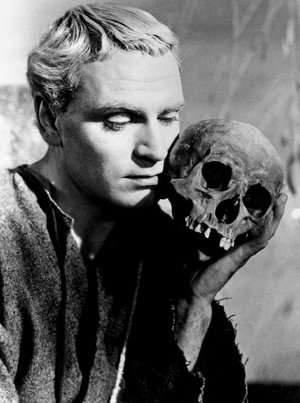 7.0
7.0Discovering Hamlet(en)
Journey into "Hamlet"-the play and the man-through the experiences of some of the major actors and directors who have brought Shakespeare's great tragedy to life. Christopher Plummer, David Tennant, John Nettles, John Simm, Sir Trevor Nunn, Franco Zeffirelli, Philip Saville, and others explore the enduring appeal of the Prince of Denmark more than 400 years after his stage debut.
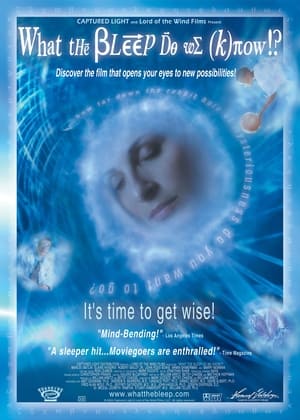 5.0
5.0What the #$*! Do We (K)now!?(en)
Amanda is a divorced woman who makes a living as a photographer. During the Fall of the year Amanda begins to see the world in new and different ways when she begins to question her role in life, her relationships with her career and men and what it all means. As the layers to her everyday experiences fall away insertions in the story with scientists, and philosophers and religious leaders impart information directly to an off-screen interviewer about academic issues, and Amanda begins to understand the basis to the quantum world beneath. During her epiphany as she considers the Great Questions raised by the host of inserted thinkers, she slowly comprehends the various inspirations and begins to see the world in a new way.
 7.0
7.0The Sound of Identity(en)
In the spotlight of global media coverage, the first transgender woman ever to perform as Don Giovanni in a professional opera, makes her historic debut in one of the reddest states in the U.S.
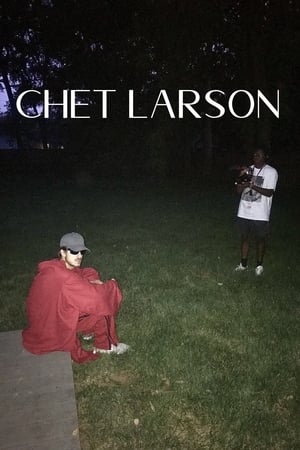 0.0
0.0Chet Larson(en)
A mockumentary following the rise, fall and continued tribulations of former internet personality Chet Larson and those associated with him.
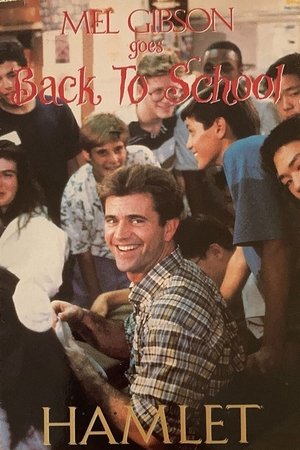 0.0
0.0Mel Gibson Goes Back to School(en)
Mel Gibson teaches Hamlet to a group of high school drama students.
 5.7
5.7Untold: The Murder of Air McNair(en)
Steve McNair was an NFL legend whose life was seemingly cut short by a crime of passion. Is there more to this chilling tragedy than meets the eye?
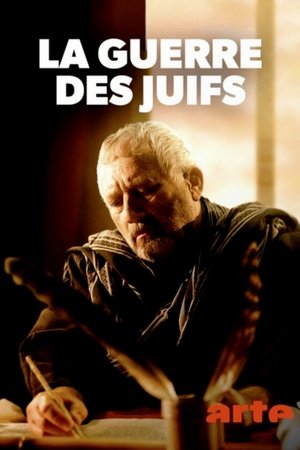 7.0
7.0The Jewish-Roman Wars(de)
In the first century, after the death of Herod the Great, Judea goes through a long period of turbulence due to the actions of the corrupt Roman governors and the internal struggles, both religious and political, between Jewish factions, events that soon lead to the uprising of the population and a cruel war that lasts several years and causes thousands of deaths, a catastrophe described in detail by the Romanized Jewish historian Titus Flavius Josephus.
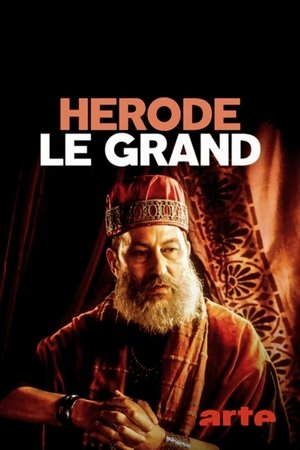 6.5
6.5Herod the Great: The Child Murderer of Bethlehem(de)
An account of the reign of Herod the Great, king of Judea under the rule of the Roman Empire, remembered for having ordered, according to the Gospel of Matthew, the murder of all male infants born in Bethlehem at the time of the birth of Jesus, an unproven event that is not mentioned by Titus Flavius Josephus, the main historian of that period.
 0.0
0.0Yan Ruisheng(zh)
In the summer of 1920, Shanghai was scandalized by a sensational murder, a high-profile case and subsequent trial that was the ongoing topic of conversation in the city's numerous cafes, clubs and teahouses. Among the various reasons for its notoriety, two stand out: first, the victim was a high-class prostitute, well known in Shanghai; second, the murderer had been a mid-level manager in a respected foreign firm, a playboy who in Manhattan might have been termed a "prominent young man about town." There were detailed press reports daily as the case wound its way through the judicial system.

